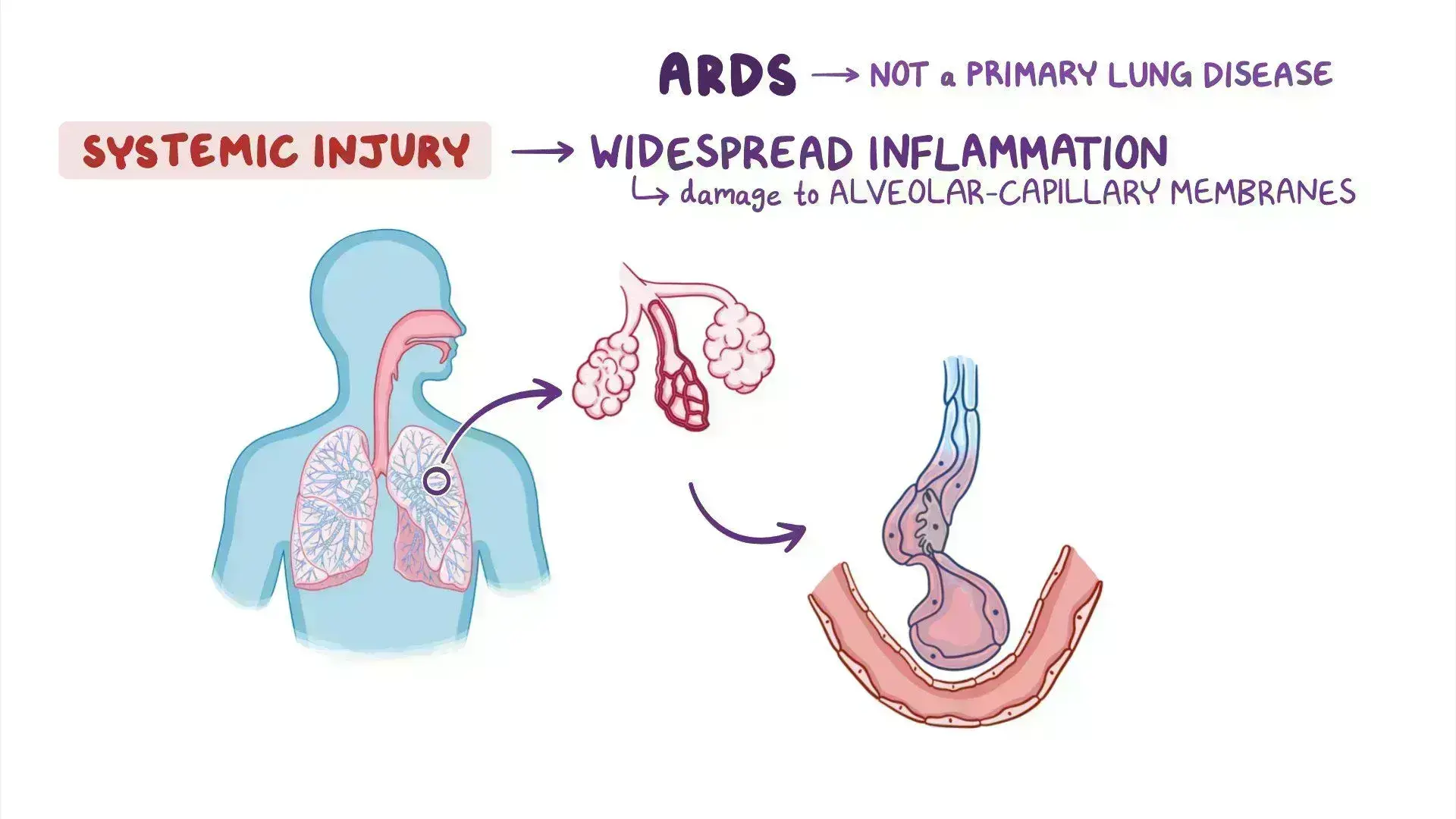- Home
- Medical news & Guidelines
- Anesthesiology
- Cardiology and CTVS
- Critical Care
- Dentistry
- Dermatology
- Diabetes and Endocrinology
- ENT
- Gastroenterology
- Medicine
- Nephrology
- Neurology
- Obstretics-Gynaecology
- Oncology
- Ophthalmology
- Orthopaedics
- Pediatrics-Neonatology
- Psychiatry
- Pulmonology
- Radiology
- Surgery
- Urology
- Laboratory Medicine
- Diet
- Nursing
- Paramedical
- Physiotherapy
- Health news
- Fact Check
- Bone Health Fact Check
- Brain Health Fact Check
- Cancer Related Fact Check
- Child Care Fact Check
- Dental and oral health fact check
- Diabetes and metabolic health fact check
- Diet and Nutrition Fact Check
- Eye and ENT Care Fact Check
- Fitness fact check
- Gut health fact check
- Heart health fact check
- Kidney health fact check
- Medical education fact check
- Men's health fact check
- Respiratory fact check
- Skin and hair care fact check
- Vaccine and Immunization fact check
- Women's health fact check
- AYUSH
- State News
- Andaman and Nicobar Islands
- Andhra Pradesh
- Arunachal Pradesh
- Assam
- Bihar
- Chandigarh
- Chattisgarh
- Dadra and Nagar Haveli
- Daman and Diu
- Delhi
- Goa
- Gujarat
- Haryana
- Himachal Pradesh
- Jammu & Kashmir
- Jharkhand
- Karnataka
- Kerala
- Ladakh
- Lakshadweep
- Madhya Pradesh
- Maharashtra
- Manipur
- Meghalaya
- Mizoram
- Nagaland
- Odisha
- Puducherry
- Punjab
- Rajasthan
- Sikkim
- Tamil Nadu
- Telangana
- Tripura
- Uttar Pradesh
- Uttrakhand
- West Bengal
- Medical Education
- Industry
Intravenous Propofol bests Inhaled Sevoflurane for improving ventilation and survival in ARDS: Study

Researchers have found in a new clinical trial comparing sedation methods for patients with moderate to severe ARDS that inhaled sedation with sevoflurane led to fewer ventilator-free days and lower 90-day survival compared to intravenous propofol.
Whether the use of inhaled or intravenous sedation affects outcomes differentially in mechanically ventilated adults with acute respiratory distress syndrome (ARDS) is unknown. A study determined the efficacy and safety of inhaled sevoflurane compared with intravenous propofol for sedation in patients with ARDS.
Phase 3 randomized, open-label, assessor-blinded clinical trial conducted from May 2020 to October 2023 with 90-day follow-up. Adults with early moderate to severe ARDS (defined by a ratio of Pao2 to the fraction of inspired oxygen of <150 mm Hg with a positive end-expiratory pressure of ≥8 cm H2O) were enrolled in 37 French intensive care units. Patients were randomized to a strategy of inhaled sedation with sevoflurane (intervention group) or to a strategy of intravenous sedation with propofol (control group) for up to 7 days. The primary end point was the number of ventilator-free days at 28 days; the key secondary end point was 90-day survival. Results Of 687 patients enrolled (mean [SD] age, 65 [12] years; 30% female), 346 were randomized to sevoflurane and 341 to propofol.
The median total duration of sedation was 7 days (IQR, 4 to 7) in both groups. The number of ventilator-free days through day 28 was 0.0 days (IQR, 0.0 to 11.9) in the sevoflurane group and 0.0 days (IQR, 0.0 to 18.7) in the propofol group (median difference, −2.1 [95% CI, −3.6 to −0.7]; standardized hazard ratio, 0.76 [95% CI, 0.50 to 0.97]). The 90-day survival rates were 47.1% and 55.7% in the sevoflurane and propofol groups, respectively (hazard ratio, 1.31 [95% CI, 1.05 to 1.62]). Among 4 secondary outcomes, sevoflurane was associated with higher 7-day mortality (19.4% vs 13.5%, respectively; relative risk, 1.44 [95% CI, 1.02 to 2.03]) and fewer intensive care unit–free days through day 28 (median, 0.0 [IQR, 0.0 to 6.0] vs 0.0 [IQR, 0.0 to 15.0]; median difference, –2.5 [95% CI, –3.7 to –1.4]) compared with propofol. Among patients with moderate to severe ARDS, inhaled sedation with sevoflurane resulted in fewer ventilator-free days at day 28 and lower 90-day survival than sedation with propofol.
Reference:
Jabaudon M, Quenot J, Badie J, et al. Inhaled Sedation in Acute Respiratory Distress Syndrome: The SESAR Randomized Clinical Trial. JAMA. Published online March 18, 2025. doi:10.1001/jama.2025.3169
Dr. Shravani Dali has completed her BDS from Pravara institute of medical sciences, loni. Following which she extensively worked in the healthcare sector for 2+ years. She has been actively involved in writing blogs in field of health and wellness. Currently she is pursuing her Masters of public health-health administration from Tata institute of social sciences. She can be contacted at editorial@medicaldialogues.in.
Dr Kamal Kant Kohli-MBBS, DTCD- a chest specialist with more than 30 years of practice and a flair for writing clinical articles, Dr Kamal Kant Kohli joined Medical Dialogues as a Chief Editor of Medical News. Besides writing articles, as an editor, he proofreads and verifies all the medical content published on Medical Dialogues including those coming from journals, studies,medical conferences,guidelines etc. Email: drkohli@medicaldialogues.in. Contact no. 011-43720751


